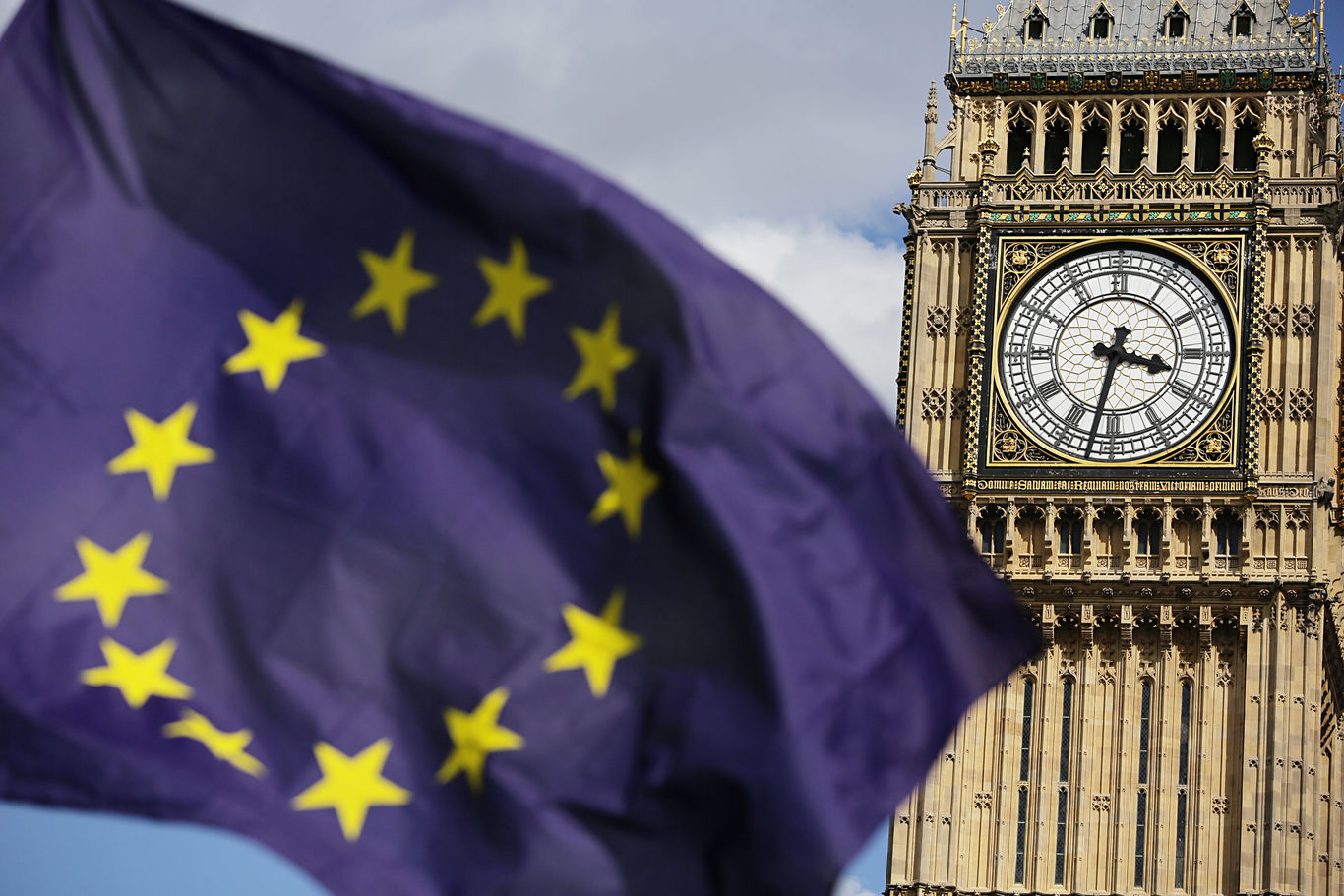A government report says a hard Brexit would cost tens of thousands of Irish jobs
There’s ‘almost complete consensus’ that leaving the EU will be bad for the UK economy, it says.
A HARD BREXIT scenario would damage the Irish economy, reducing it by 4% and causing a surge in unemployment.
That is according to a new report published by the ESRI and Department of Finance.
The report, which models the medium- to long-term effects of a British exit from the EU, attempted to quantify the effects under a number of scenarios.
In the most severe case, assuming the UK returns to trading under World Trade Organisation (WTO) rules, Ireland’s economy would shrink by 3.8% and wages would tumble by 3.6% compared to forecasts for if the country had remained in the EU,
In addition, unemployment would rise by 1.9 percentage points. If this was to happen overnight, based on last month’s unemployment figures, more than 40,000 Irish jobs would be lost.
Under the softest Brexit scenario modelled, Britain would get a deal similar to Norway – which would see the country remain a member of the European Economic Area. This would lead to the Irish economy contracting by 2.3%.
The paper says that there is “almost a complete consensus in the international literature that Brexit will have a negative effect on the UK economy”. It adds:
“The UK is one of Ireland’s closest economic partners and, as such, Ireland will be very exposed to the effects of the UK leaving the EU.
“There is considerable uncertainty surrounding the eventual agreement between the UK and the EU. As a result, many of the existing international papers that model the effects of Brexit consider several scenarios that cover the range of potential outcomes.”
However, all of the assumptions are based on the Irish government not changing any policies to react to Brexit.
Today, prime minister Theresa May said Britain would become the ultimate free trade champion as she laid the groundwork for a potential post-Brexit deal with India, the world’s fastest-growing major economy.
In her first bilateral trip outside Europe since taking office in July, May said Britain would not “turn its back on the world” once it has left the EU but wanted new economic relationships that would benefit all sides.
Written by Paul Hosford and posted on TheJournal.ie






